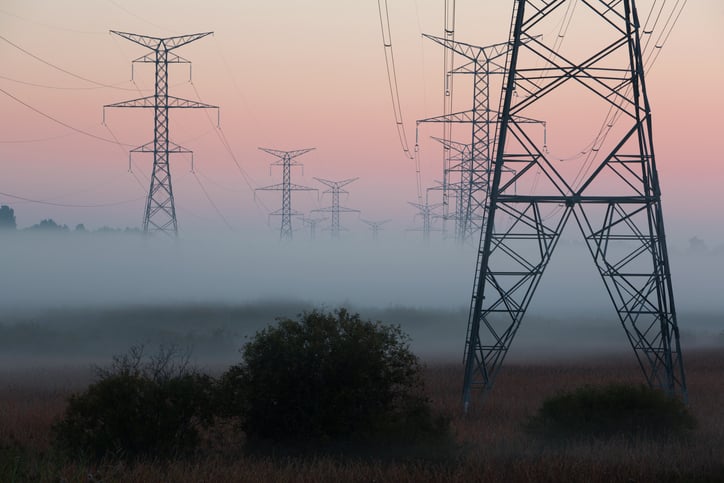Npower has become the latest Big Six supply firm to announce a price hike, squaring the increase solely on growing policy costs and wholesale prices.
This morning the utility revealed that as of 17 June, it would be increasing its annual standard variable dual fuel bills by 5.3%, equivalent to a £64 increase per year for the average home.
Npower said it expected the increase to impact around 1 million households but did state that 60% of its customers would not be affected by the increase.
And, much like other utilities to have increased prices in recent months, particularly British Gas, Npower has said the increase stems largely from increases in policy and wholesale energy costs, factors the company said were “widely acknowledged” to have continued to rise since the last time it increased bills in March last year.
Simon Stacey, managing director of domestic markets at Npower, said the increase was a decision that had not been taken lightly.
“The costs all large and medium energy suppliers are facing – particularly wholesale and policy costs which are largely outside our control – have unfortunately been on the rise for some time and we need to reflect these in our prices.
“We continue to encourage all our customers to look at our range of competitive fixed deals and switch to a tariff that best suits their needs – whether that’s our green product or a short, medium deal, or the market’s longest fix.”
Wholesale costs have indeed risen in the past year. According to Drax Electricity Insights, the average wholesale power price for March 2017 stood at £38.46/MWh, whereas last month the average wholesale price stood at £50.42/MWh, representative of an increase of more than 30%.
The average wholesale power price for 2017 in its entirety was just over £44/MWh, while 2018’s average price stands at £54.38/MWh – up nearly 24% – although this has been impacted by significant spikes in price caused by the so-called ‘Beast from the East’ cold snap in late February and early March.
Wholesale costs remain the largest portion of UK electricity bills at just over 36%. Combined with social and environmental obligations, the two factors account for more than half of a consumer’s electricity bill.






